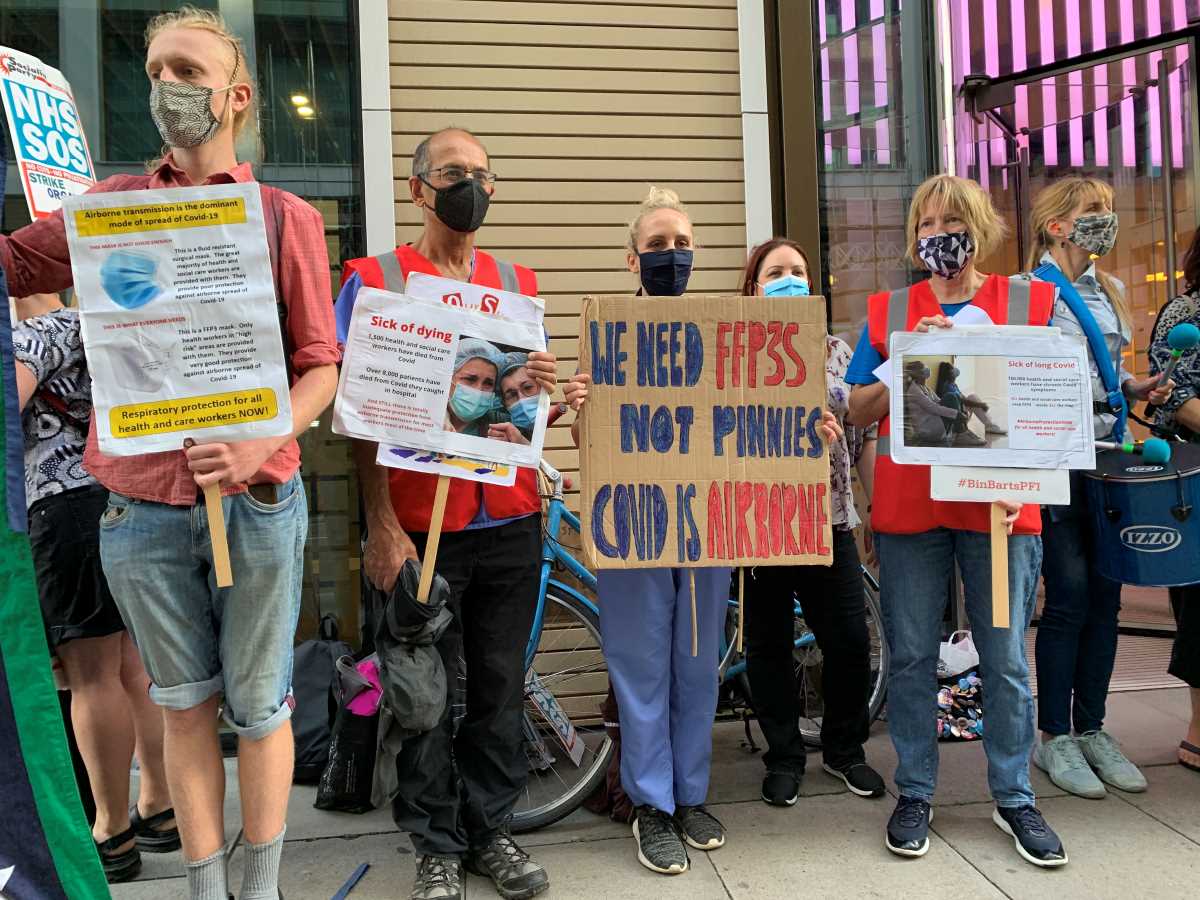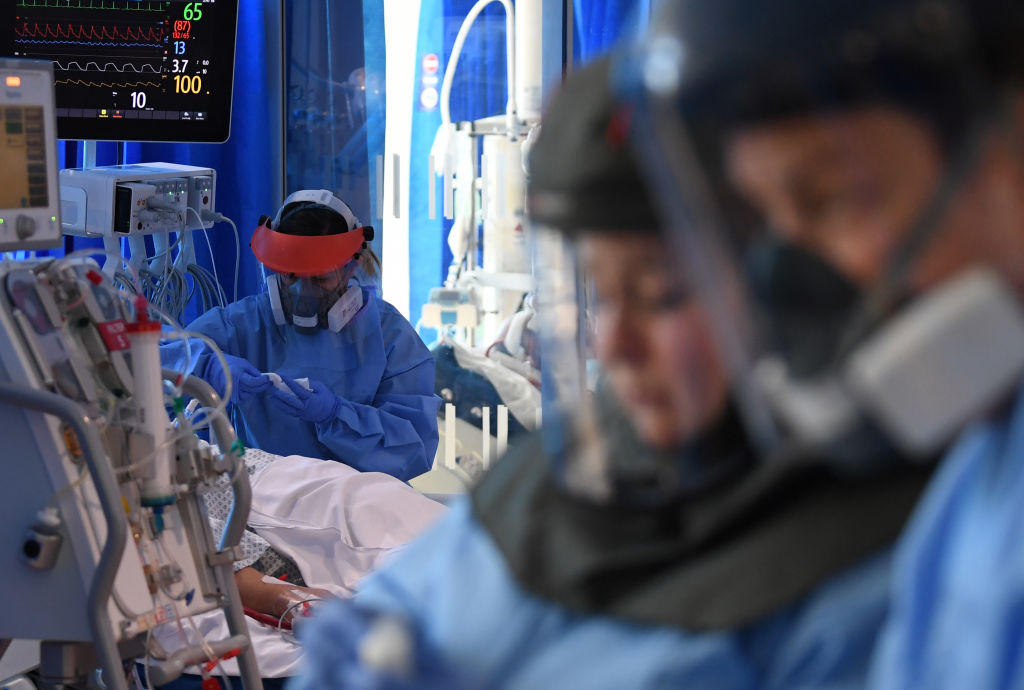‘The doctor won’t see you’ – as rural surgeries close
The picturesque Cornish fishing village of Mevagissey was up against a problem faced by many rural and coastal areas – it desperately needed a GP.
When their local family doctor Dr Katherine James said she would be standing down in July, leaving the village without a GP, the people of Mevagissey decided to take matters into their own hands.
They got together and started a campaign called #WillYouBeMyGP to persuade doctors to relocate to Mevagissey and help tend to the village’s 5,300 patients, many of whom are elderly in an area lacking public transport.
With Dr James’ departure, locals faced a five mile journey to St Austell for the nearest GP – a distance out of reach for those who did not have cars.
The campaign — which included drawing #WillYouBeMyGP in the sand on the beach, a video and a mass push on social media — went viral and drew global media attention.
The campaign proved successful after GPs at neighbouring Veor Surgery in Camborne, about 30 miles away, agreed earlier this month to add their names to the Mevagissey contract and help run the surgery. This has meant that Dr James, who had initially decided to leave because she could no longer run the surgery all on her own, is now able to stay on.
While it may have been a happy ending for the people of Mevagissey, other rural and coastal villages are not so lucky.
A new analysis of NHS data has found that nearly 2,000 villages are at least three miles from the nearest GP practice – 162 more than two years ago. More than 200 communities have seen patients forced to travel more than five miles, with some having to travel a shocking 14 miles to see a family doctor.
Separate figures from the Department of Transport showed that in a span of only two years, there has been a 40 per cent increase in the number of people who are forced to travel more than an hour on public transport to visit a GP.
Certain areas, like Cornwall where Mevagissey is located, have been harder hit by a national shortage of GPs. The Cotswalds had the greatest number of communities, 200, where the nearest GP was further than a mile away than was the case two years ago. Cornwall, Gloucestershire and south Northamptonshire have also seen a substantial number of communities’ closes GPs move further away.
According to figures from Pulse magazine, on a national scale, 585 surgeries, which served 2m people, have closed in the last six years.
Doctors in Unite (DiU) chair Jackie Applebee said that GPs shortages, which have reached crisis levels, are leaving rural communities behind and exacerbating the inequalities they already face.
“The closure of rural and coastal surgeries is another sign of the increasing difficulty of the NHS to provide comprehensive coverage as the workforce is stretched to breaking point after almost a decade of under investment,” she said.
“For patients this is compounded by the fact that public transport is often at its least frequent, if not totally absent in such areas, resulting in double jeopardy for people who don’t have access to a car in getting to a GP appointment. This will only increase inequity in ability to access health care and increase health inequalities.”
Unite national officer for food, drink and agriculture Bev Clarkson agreed.
“In stark contrast to the popular image of wealthy people living in idyllic country villages, certain rural areas are among the poorest and most deprived in all of the UK,” she said. “These areas are crumbling from underinvestment in infrastructure, from public transport to digital access, and the social isolation facing many particularly elderly people has had a detrimental impact on public health.
“A predominance of low-paid, insecure work, high fuel and housing costs, high levels of income inequality and not to mention high youth unemployment rates have all combined to create a toxic mix that’s leaving people in rural and coastal areas far behind,” Clarkson added. “The alarming rate of rural GP closures is only part of the picture and must be seen in the wider context of rural deprivation and its causes.”
“Ensuring our rural areas thrive will require dedicated public investment and government policies such as reinstating the Agricultural Wages Board to stop the race to the bottom that’s plaguing communities in our beloved British countryside.”
 Like
Like Follow
Follow


